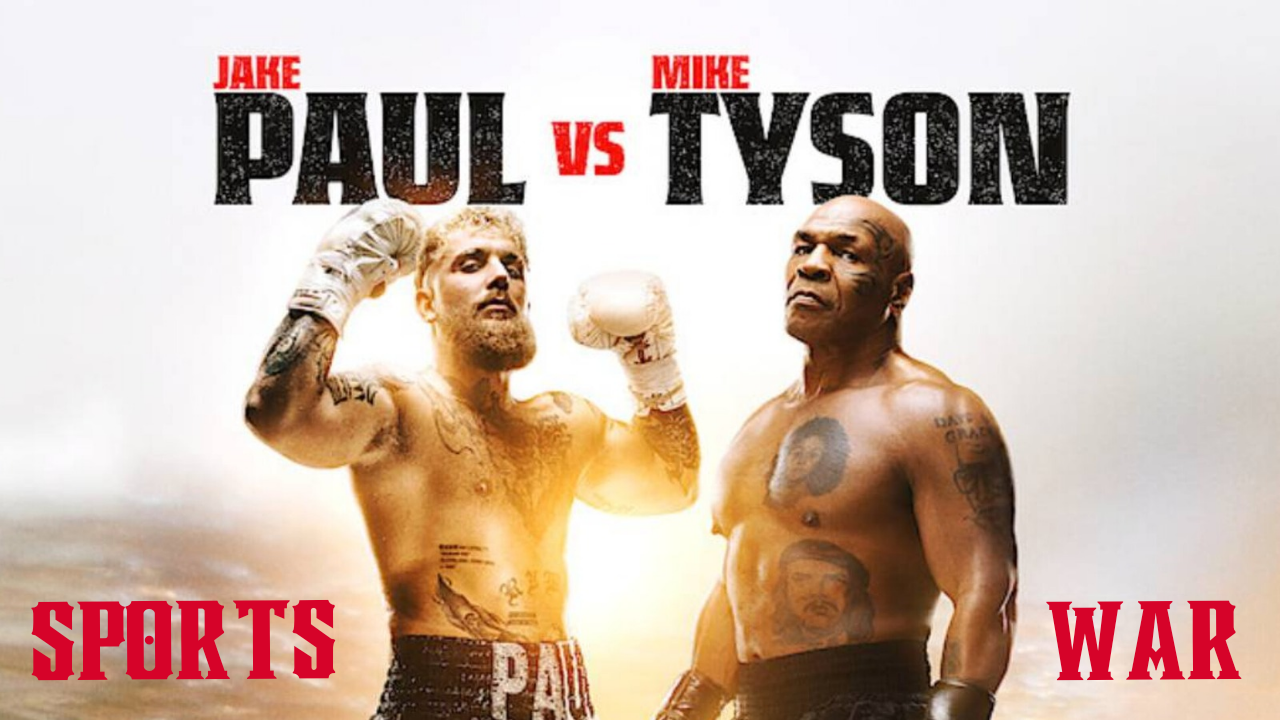Introduction: Mpox Africa a World Health Emergency
The outbreak of mpox, currently unfolding in Africa, has been declared by the World Health Organization as one of the international concerns affecting global public health. In series of outbreaks that have most cases reported from several parts of the Democratic Republic of Congo, the fear is that it can spill over to the neighboring countries. By the middle of 2024, the virus, known as Monkeypox, had killed 548 people in the area, and there was fear that it may spread further in the event that containment measures were not instituted on time.
Re-occurrence of Mpox in Africa
Mpox is a zoonotically significant viral disease endemic in Central and West Africa. Although it was not an issue in the recent past, it has been a problem that has been recurrently affecting some African countries. The 2024 resurgence, particularly within DRC, agitated the world even further simply because the virus now seemed in a fight to break borders at a very fast pace. What seemed to be a local outbreak quickly spiraled into a regional health crisis, requiring WHO to ramp up its efforts.
DR Congo was the epicenter of the latest surge of cases, with thousands of new cases reported in the past months. The highly infectious virus from an infected human and animal was transmitted through blood, secretion, or any other body fluid. It may manifest a very high fever with a rash or, in worst cases, some complications that could be lethal. The continent and the rest of the world, therefore, feel an alarming epidemic because the mortality rate is much greater than seen in years back.
WHO Declares a Public Health Emergency of International Concern
Fact Box Dr. Tedros Adhanom Ghebreyesus, WHO Director-General, declared the outbreak of mpox as an international Public Health Emergency of International Concern based on a situation that was warranted. In other words, it is the highest level of alert one can raise from WHO. “The steep rise in mpox cases, particularly in Africa, is a grave concern. Speed, the world needs to act now and do all in its power, moving fast against this outbreak in order not to let it spiral completely out of control and thereby risking more lives,” Dr. Tedros told a news briefing.
This would be placing mpox on the official roster of key global threats to health, such as COVID-19 or the Ebola virus. It needs, therefore, a heightened and high preparedness level, increased surveillance, coordination, and mobilization of increased resources to contain new settings from emerging localities.
While in the Democratic Republic of Congo,
This January, the mpox outbreak is most prevalent in the DRC, where hundreds of lives have been claimed with thousands of infections recorded. The presence had an impact on overburdening the health system of the country, with the noted outbreak of malaria, cholera, and malnutrition, plus a sudden peak in the number of cases caused by mpox.
Through the media, the regional experts had warned that the situation might take a further turn should resources not be marshaled in a bid to rein in the virus. In addition, the mortality rates skyrocketed to rates similar to those in the rural areas because diagnoses had yet to be made effectively, and treating the patients was very tasking. Staff worked with very few supplies and no protective equipment.
The virus has really overwhelmed the health facilities in some areas. Added to this is the economic toll that the outbreak is having. It has paralyzed the trading routes, where some countries have even banned travels to ensure the virus reaches their countries in the lowest amounts possible. This has brought about a food shortage and prices of the little products available are skyrocketing, thus deepening the crisis even more.
Mpox Spread to Neighboring Countries
With the DRC remaining the epicenter of the outbreak, mpox has spread to a number of neighboring countries including Uganda, the Central African Republic, and South Sudan. The highly porously borders and, thus, subsequent frequent crossings of people make it hard to contain. Since then, Uganda has registered increased positive cases, and so health experts are working tooth and nail to confine it within the borders.
The government has therefore gone ahead to establish quarantine zones and rapid response teams in areas that are hardest hit. But containing the virus remains a big challenge mainly in those areas where the health system can be very low in terms of accessibility.Here in the Central African Republic, the situation isn’t very good either, under pressure from the new upsurge of cases these past few weeks.
It does not have scarce health care resources in an already very poor, underdeveloped country surrounded by ever-ongoing conflict and instability, thereby leaving the country struggling in how to contain the outbreak, having overcome lots of battles on different frontiers.
Measures by the International Community on Outbreaks
International response speeds up the declaration of a global public health emergency, particularly from the support accorded by international organizations, governments, and nongovernmental organizations in the affected nations with mpox.
WHO first leads to ensuring that the provisions of medical supplies, training, and finally the financial support progressively accorded to the national body in containing the progress of the virus are available. This teamwork with research institutes helps to accelerate the development of vaccines and treatment related to monkeypox. At least, however, the current vaccines go a long way toward turning this challenge of monkeypox into something effective; the problem is in its distribution out to thinly populated parts of Africa the very worst in health infrastructure.
Humanitarian Organizations on the ground include the MSF and Red Cross, each ensuring there is at least some form of emergency medical attention being given and the availability of isolation centers for the infected. Such efforts go a long way in containing the further spread of the virus, prevention, and even rehabilitation of people at the outbreak communities.
Challenges of Keeping the Outbreak Controlled
Notwithstanding this, several challenges still exist in this war against mpox. Of the many, the most worrying remains the poor availability of vaccines and treatments in Africa. Rich countries store vaccines in case an outbreak occurs, totally opposite to the little number available in the majority of African countries. Other challenges include increasing awareness about the virus among the population.
As a result, public awareness about the virus and its mode of transmission in rural communities remains very low, thus further complicating the search for treatment and promoting further spread of the infection. Public health campaigns should create awareness most especially about very early diagnosis and treatment of the disease mpox. It is also a current challenge that the social stigmatization associated with infectious diseases serves as a current barrier to containment in many areas, where victims are ostracized and set apart from communities; this does further complicate the process of tracing and treating cases by health authorities.
The Way forward
Actually declaring the mpox outbreak as a Global Health Emergency really goes a long way in terms of creating awareness and hence is instrumental in raising resources for the war against the virus. Much more is yet to be done in the containment of the outbreak. The investment should rather continue in places where investments have been affected all over the world; but this trend will most particularly hit Africa, a country with the least infrastructure in place. The most that can be done in this regard is to ensure that, to the best of their behaviors, vaccines and therapeutics are distributed as equitably as possible, that the strictures regarding containment and spread are maintained, and public awareness levels are increased.
The case of the mpox outbreak in Africa, if all these measures take place, can therefore with very high probability be stopped before it spirals out again and becomes yet another world health catastrophe in the making. The ongoing case of mpox outbreak in Africa sends clear and continuous massages of urging immediate action with coordination and prevention against infectious diseases. Obviously, this is where thousands of lives hang in the balance, and the decisions to be made right now are very critical at the international level to save more blood from being spilt.



























Leave a Reply